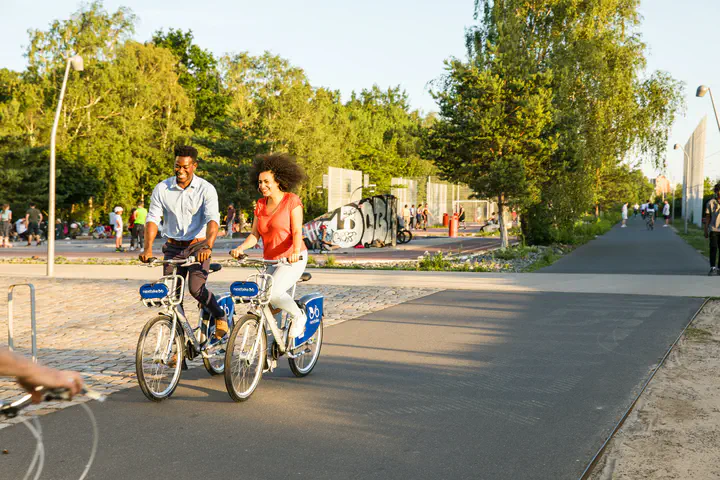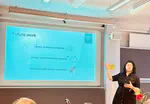SEsam

The aim of this project is to develop and apply a systemic method that quantifies the sustainability benefits of implementing different sharing economy initiatives in neighborhoods in cities. The method will also be scalable to a city scale. Neighborhoods are proposed as subsets of cities with reasonable homogeneity to allow for straightforward and realistic consumption estimations, but also have sufficient population to support potentially impactful change. A method such as the one proposed in this project has the potential to be a cost-effective way for localized strategic policy- making, which will be tested in the Gothenburg city. The method to be developed includes the following: quantification detailed consumption of households and of its environmental impacts for the base scenario, quantification of the potential changes to household consumption due to sharing economy initiatives and of its environmental impacts, assessment of sustainability benefits of implemented and suggested sharing economy initiatives, prioritization of sharing initiatives based on highest sustainability benefits and the overall contribution to targets of cities.
